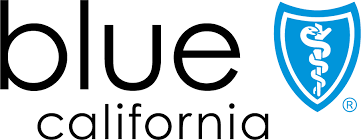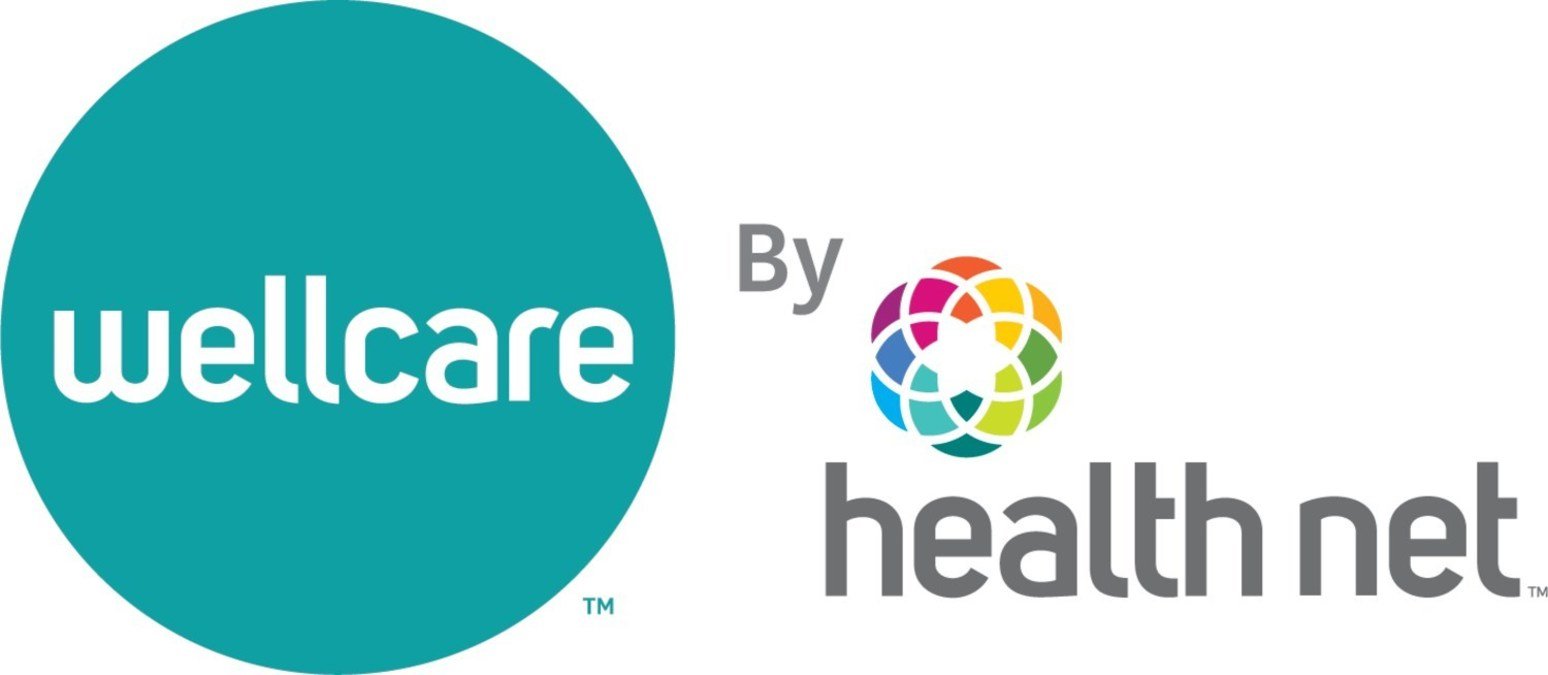
Unlock Your Health Coverage: The Ultimate Guide to Applying for Medicare
Insurance Companies That We Work With











Welcome to Medicare
Are you turning 65 soon? If so, you're probably wondering about Medicare. Medicare is a federal health insurance program for people who are 65 or older, people with certain disabilities, and people with end-stage renal disease. It provides coverage for a wide range of health care services, including hospital stays, doctor visits, and prescription drugs.
The open enrollment period for Medicare is from October 15 to December 7. During this time, you can enroll in Medicare Part A, Part B, Part C (Medicare Advantage), or Part D (Prescription Drug coverage). If you don't enroll during open enrollment, you may have to wait until the next open enrollment period or pay a penalty.
Qualifications for Medicare
Age: You must be 65 years old or older to qualify for Original Medicare (Parts A and B). You can also qualify for Medicare if you are under 65 and have certain disabilities.
U.S. citizenship or legal residency: You must be a U.S. citizen or legal resident to qualify for Original Medicare. You may also qualify if you are a non-citizen who has worked in the United States for at least 40 quarters (10 years).
Residency: You must live in the United States or one of its territories to qualify for Original Medicare.
Medicare taxes: You must have paid Medicare taxes for at least 40 quarters (10 years) to qualify for premium-free Part A. If you have not paid Medicare taxes for 40 quarters, you may still be able to qualify for Part A by paying a monthly premium.
Dual eligible: If you are eligible for both Medicare and Medicaid, you are considered dual eligible. Dual eligibles have special enrollment rights and may be able to get help paying for their Medicare costs.
If you meet all of the qualifications, you can apply for Medicare online, by phone, or by mail. You can find more information about how to apply for Medicare on the Medicare website at www.medicare.gov. Remember to apply for Medicare 3 months before you turn 65.
Parts of Medicare
-
These plans provide most of Part A (Hospital Insurance) and Part B (Medical Insurance) coverage and typically offer extra benefits such as vision, hearing, and dental care. Some Part C plans also include Medicare Part D prescription drug coverage (MAPD plans).
-
Medicare Supplement (also known as Medigap) is private health insurance that helps pay for some of the costs that Original Medicare (Parts A and B) doesn't cover. Medicare Supplement plans can help cover things like copayments, deductibles, and out-of-pocket costs for services like doctor visits, hospital stays, and prescription drugs. The most common plan selected is Plan G/G Extra.
The best option for you will depend on your individual needs and preferences. If you want the flexibility to see any doctor or hospital in the country, Original Medicare may be the best option for you. If you are looking for a plan with lower out-of-pocket costs, a Medicare Advantage plan may be a better choice. If you want a plan that helps pay for some of the costs that Original Medicare doesn't cover, a Medicare Supplement plan may be a good option.
If you are interested in learning more about Original Medicare or Medicare Advantage, you can visit the Medicare website at www.medicare.gov. You can also contact us for help comparing plans and choosing the one that is right for you.
-
Helps cover:
• inpatient care in hospitals
• skilled nursing facility care
• hospice care
• home health care. -
Helps cover:
• Services from doctors and other health care providers
• Outpatient care
• Home health care
• Durable medical equipment (like wheelchairs, walkers, hospital beds, and other equipment)
• Many preventive services (like screenings, shots or vaccines, and yearly “Wellness” visits) -
Medicare Part D is a prescription drug benefit that helps pay for the cost of prescription drugs. It is a voluntary program that is available to people with Original Medicare (Parts A and B) or Medicare Advantage plans.
Original Medicare Parts A and B offer basic coverage for a wide range of health care services, but they only cover 80% of medical services. To obtain more comprehensive coverage, you have two options:
